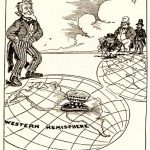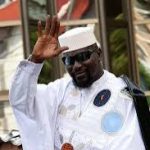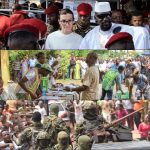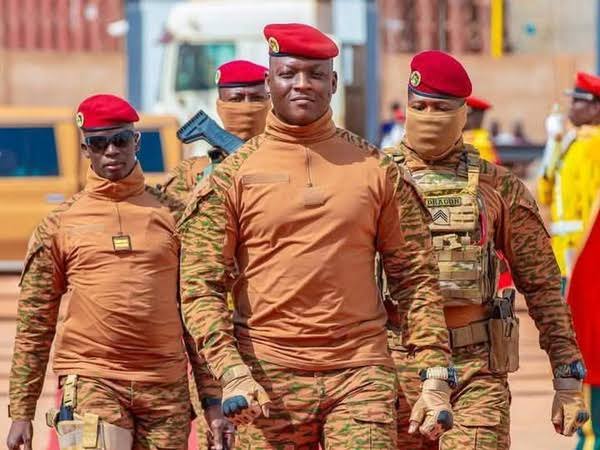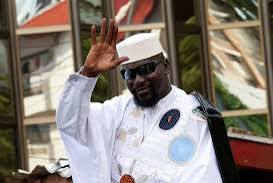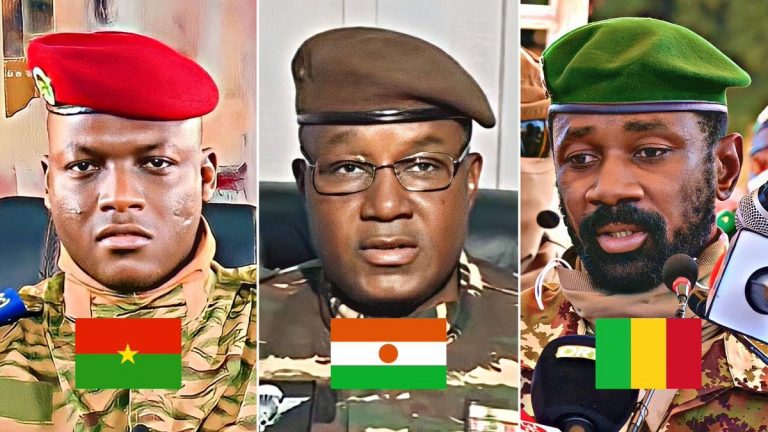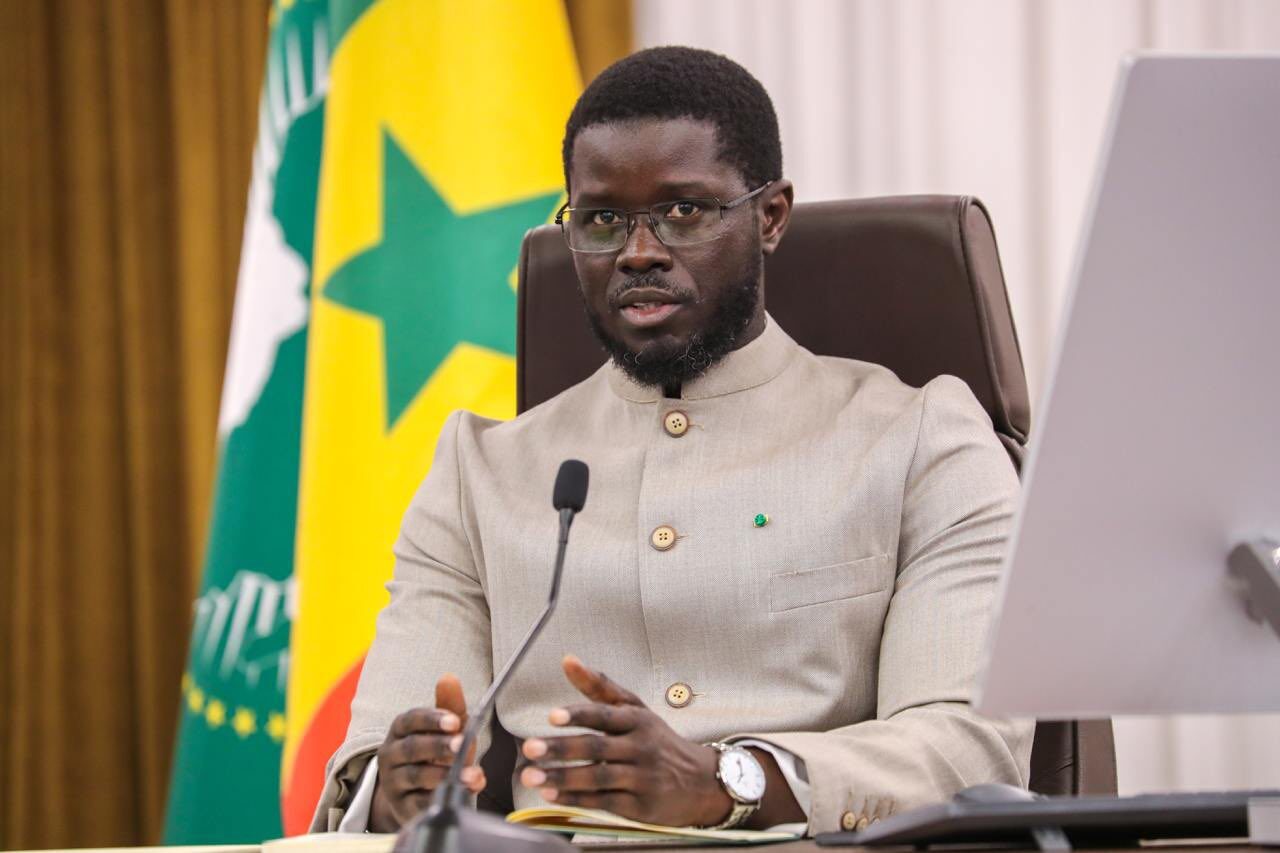Dakar, Senegal
Senegal appears to be grappling with a deepening political crisis within its ruling coalition, pitting President Bassirou Diomaye Faye against Prime Minister Ousmane Sonko. The rift, which began as subtle policy disagreements, has escalated into a public power struggle, threatening the stability of the “Diomaye President” coalition that propelled Faye to victory in the March 2024 election.
The latest flashpoint occurred on November 11, when Faye removed Aïssatou Mbodj, a close Sonko ally and coordinator of the “Diomaye President” coalition, replacing her with Aminata Toure, a Faye loyalist.
The move triggered an immediate backlash from Sonko’s PASTEF (African Patriots of Senegal for Work, Ethics and Fraternity) party, which issued a statement asserting that Faye lacks the authority to dismiss Mbodj.
It rejected Toure’s appointment due to ideological misalignment. The dispute centres on control over the coalition, originally formed to support Faye’s candidacy, with Sonko arguing it remains under PASTEF’s purview.
Compounding the tension, Sonko announced a two-week leave of absence starting November 6. His absence from the November 12 Council of Ministers sparked speculation, though allies clarified it was pre-planned.
His appearance, however, at the November 10 Armed Forces Day event during his leave stoked public and political scepticism about his intentions.
Reports emerged that Faye appointed Justice Minister Yassine Fall to run the government in an interim capacity on November 13, a move aimed at ensuring governance continuity amidst the uncertainty. There is yet no official confirmation of her appointment as interim prime minister.
However local reports say, if confirmed,�in practical terms, Fall will ensure the continuity of the Prime Minister’s functions, make the necessary decisions for the smooth operation of government departments, and represent the Prime Minister’s office in all official meetings and bodies.
Fall, a seasoned technocrat, is tasked with managing daily affairs until Sonko’s return, though this appointment has further inflamed tensions, with Sonko’s supporters viewing it as an attempt to sideline him.
The rift between Faye and Sonko stems from a mix of personal, ideological, and strategic differences. The central dispute revolves around who controls the “Diomaye President” coalition.
Faye’s removal of Mbodj signals a bid to consolidate power, clashing with Sonko’s assertion of PASTEF’s dominance. This reflects a broader struggle over the presidency’s constitutional authority versus the prime minister’s political influence.
There are also reports of policy disagreements. Sonko’s November 8 rally, where he criticised the government’s handling of national debt, marked a public divergence from Faye’s economic strategy.
Earlier, in July 2024, Sonko lamented a “lack of authority” and accused Faye of failing to shield him from personal attacks, highlighting a breakdown in their once-unified front.
The duo’s relationship, once symbolised by the campaign slogan “Diomaye mooy Sonko” (“Diomaye is Sonko”), also appears strained. Sonko’s assertive leadership style contrasts with Faye’s more reserved approach. Reports suggest personal grievances, including Faye’s perceived ingratitude for Sonko’s campaign role, have widened the divide.
There are also governance challenges. Senegal faces a financial crisis, high unemployment, and backlash against the “woyofal” tax policy. Both leaders promised reform, but their inability to align on solutions has amplified public frustration, straining their partnership.
Public sentiment in Senegal is a mix of disillusionment, scepticism, and divided loyalties. Many citizens express frustration with the infighting, viewing it as a distraction from pressing issues like unemployment and debt.
Commentaries highlight confusion over Sonko’s leave, with some questioning his attendance at the Armed Forces Day event in spite of his absence from official duties. Others criticise Faye’s leadership, accusing him of undermining Sonko, who remains a popular figure across the country.
Support for Sonko remains strong among his base, who see him as a champion against corruption and elite interests, while Faye retains backing from those who value his presidential mandate.
However, a growing segment of the population, especially in urban centres like Dakar, is calling for unity, with some suggesting a potential coalition collapse could trigger early elections. There are no protests over the issue, but analysts warn that the 2011 political unrest under former President Abdoulaye Wade serves as a cautionary tale. They say economic woes could escalate public discontent.
The Faye-Sonko conflict is a classic case of a coalition strained by success. Their shared populist roots masked underlying differences that governance has exposed. An earlier analysis by West Africa Report, published just after Faye won the elections in 2024, had raised fears of this possible split.
Faye’s attempt to assert presidential control aligns with his constitutional role, but it risks alienating Sonko’s powerful political machine, which commands significant grassroots support. Sonko, meanwhile, appears to be positioning himself as a potential successor or rival, leveraging his leave to test Faye’s vulnerability.
The interim appointment of Yassine Fall could stabilise the government short-term but may worsen the rift if Sonko perceives it as a power grab. Local political sources say the coalition’s future hinges on their ability to negotiate a power-sharing agreement by November 21, when Sonko returns.
Failure to reconcile could lead to PASTEF’s formal split, weakening Faye’s administration and potentially prompting a constitutional crisis, given the prime minister’s role in appointing the cabinet.
The situation remains fluid. The next week will be critical, with Sonko’s return likely to determine whether this is a temporary spat or the beginning of a prolonged political battle.


